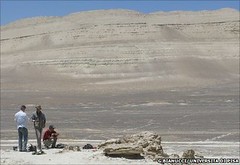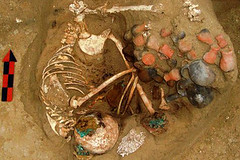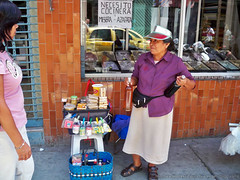Peru’s hard-hitting Oscar film hope divides opinion [Featured]
As Oscar fever hits Peru for perhaps the first time ever, Dan Collyns describes the building excitement, the controversy and the history behind the Peruvian contender for Best Foreign Language Film.
By Dan Collyns for the BBC
In Peru, there is a sense of excitement ahead of the 82nd Academy Awards ceremony.

People who have never even heard of the Oscars are suddenly taking an interest, and local media websites have set up digital stopwatches counting down the seconds, minutes, hours and days until the big night on 7 March.
This year, for the first time, a Peruvian film, The Milk of Sorrow, has been nominated for an Oscar – in the Best Foreign Language Film category.
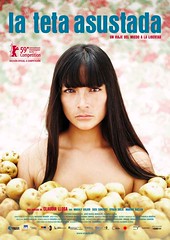
 The Milk of Sorrow, or in Spanish La Teta Asustada (literally The Frightened Breast), has already won about a dozen international awards, including the Golden Bear at the Berlin Film Festival last year.
The Milk of Sorrow, or in Spanish La Teta Asustada (literally The Frightened Breast), has already won about a dozen international awards, including the Golden Bear at the Berlin Film Festival last year.
The film itself could not be further from the glitz and glamour of cinema awards ceremonies. Back home, its controversial subject matter has divided Peruvian opinion.
The film is set against the background of Peru’s bloody internal conflict between the communist Shining Path movement and the state security forces, a conflict that saw more than 69,000 Peruvians die between 1980 and 2000.
It tells the story of a young woman, Fausta, whose mother who was raped by soldiers while pregnant with her. The film uses as its central image a belief taken from Andean folklore that a mother’s trauma is passed onto the child through breast milk.
Details such as this have provoked accusations that the film depicts Peru as a backward country steeped in superstition and misery.
Aldo Mariategui, editor of the Correo newspaper, led some of the most virulent attacks on the film when it was screened last year, saying any European viewer would think of Peru as a “savage country, almost African, where the people are so ignorant that they think sorrow can be transmitted through mother’s milk”.
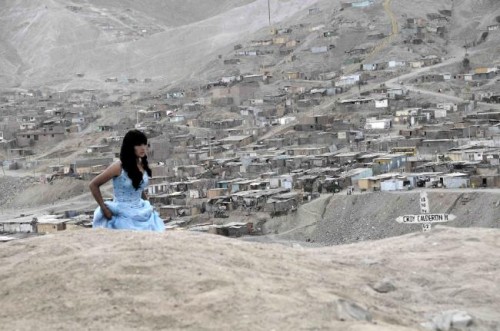 In a less offensive tone, Rolando Arellano, a marketing expert and columnist, responded to the Oscar nomination by saying the film did not show the reality of a developing country with strong economic growth.
In a less offensive tone, Rolando Arellano, a marketing expert and columnist, responded to the Oscar nomination by saying the film did not show the reality of a developing country with strong economic growth.
Instead, he said, it “reverted to the stereotypical image of a problematic nation with very poor and extremely downtrodden people who live with the ghost of official and unofficial terrorism”.
However, most commentators and bloggers have praised the film. Newspaper columnist Mirko Lauer dismissed what he called the self-appointed defenders of Peru’s image.
“I think that’s really bunk. This whole idea of caretaking the Peruvian image to the outside is equivalent to living a lie in front of visitors. It isn’t really worth the comment.
“Furthermore, I think the movie is very discreet in that aspect. Everybody has this to say: Claudia Llosa’s treatment of a country in pain is serious and careful.”
Tags: bbc, la teta asustada, movie, oscars, shining path, [Featured]






